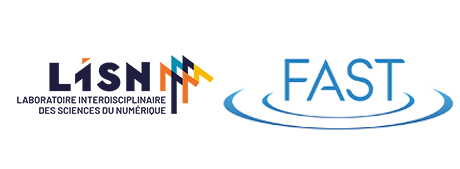
The flow field around a bubble/droplet moving with respect to a surrounding liquid in a Hele-Shaw cell can usually be characterized by a recirculating flow, which is typically attributed to a Marangoni effect due to surface tension gradients generated by a non-uniform distribution of surfactants (or temperature) along the liquid-gas interface. In the first part of the presentation, we try to visualize such a flow employing 3D micro-particle tracking velocimetry. We perform experiments on an immobile flattened air bubble that is surrounded by a flow of aqueous solution of surfactant, in a microfluidic chamber described in the work of Sungyon Lee et al. (Soft Matter, 2012, 8, 10750). The suspending fluid is seeded with spherical micro-particles, with those captured by the recirculating flow orbiting in a three-dimensional trajectory in the vicinity of the liquid-air interface. In the second part of the presentation we will present a more applied study where Marangoni effect is used to enhance peptides detection for proteomic studies.We designed recirculation flow which focuses analytes on a deposited droplet. We develop a simple platform based on an automated droplet microfluidic system to generate monitored nanoliter aqueous droplets in oil and their deposition on a commercial stainless steel plate for MALDI-TOF analysis of peptides or protein digests[1]. We will show that the detection sensitivity is improved (to few tens of attomoles) and positive detection can be achieved from sub-nanomolar peptides solutions.
References:
[1] K. Mesbah, R. Thai, S. Bregant, F. Malloggi. DMF-MALDI: droplet based microfluidic combined to MALDI-TOF for focused peptide detection.Scientific Reports 7, 6756 (2017).
Accès Salle des séminaires FAST-LPTMS (Bât. 530, salle C.120, 1er)